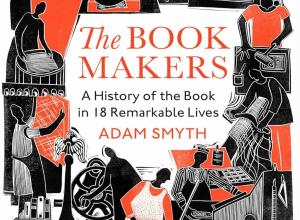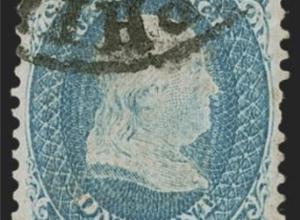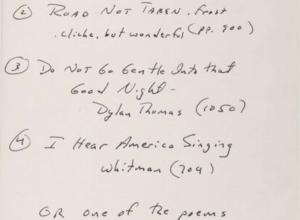The Millionaire and the Bard
 Across an ocean and more than 500 years, America remains gripped by Shakespeare. That is perhaps no where more apparent than the Folger Shakespeare Library in Washington, D.C., which houses the world's largest collection of Shakespeare, including 82 First Folios (of the 233 surviving copies). And in the past two years, two books have been published about its founders and their "foliomania." Last spring, it was Collecting Shakespeare: The Story of Henry And Emily Folger by Stephen H. Grant (Johns Hopkins University Press, $29.95). This month, Andrea Mays offers her take in The Millionaire and the Bard: Henry Folger's Obsessive Hunt for Shakespeare's First Folio (Simon & Schuster, $27). There was also Paul Collins' The Book of William: How Shakespeare's First Folio Conquered the World, published back in 2009, which begs the question: what's new?
Across an ocean and more than 500 years, America remains gripped by Shakespeare. That is perhaps no where more apparent than the Folger Shakespeare Library in Washington, D.C., which houses the world's largest collection of Shakespeare, including 82 First Folios (of the 233 surviving copies). And in the past two years, two books have been published about its founders and their "foliomania." Last spring, it was Collecting Shakespeare: The Story of Henry And Emily Folger by Stephen H. Grant (Johns Hopkins University Press, $29.95). This month, Andrea Mays offers her take in The Millionaire and the Bard: Henry Folger's Obsessive Hunt for Shakespeare's First Folio (Simon & Schuster, $27). There was also Paul Collins' The Book of William: How Shakespeare's First Folio Conquered the World, published back in 2009, which begs the question: what's new?
All of these titles are pleasing reads and each will provide insight into Shakespeare's spare biography, but what's fresh is the concentration on Henry Folger and how this shy, self-made oil tycoon amassed such a collection. Slightly less formal than Grant's biography, Mays' account is lively without sacrificing detail. We hear how Shakespeare's contemporaries sourced the first collection of plays, seven years after the playwright's death; why actor David Garrick's 1769 'Jubilee' Shakespeare festival in Stratford was a disaster; and what were the sticking points in Folger's intense negotiations for the Folio presented by its printer William Jaggard to Augustine Vincent. Mays excels in the accounting, too: purchase prices and circumstances of each and every First Folio Folger bought.
Framing the Folgers as romantic figures is problematic no matter where one looks. If theirs is a love story, it's the adoration of acquisition. Moreover, it is difficult (for the reader, and the writers, it seems) to reconcile the fact that while the Folgers' intentions were wonderful and they did inevitably create an unprecedented resource for Shakespearean and Elizabethan scholars, they also locked away their books for decades, secretively, even selfishly.
Fellow collectors will enjoy tagging along on Henry's great chase, as he secures one treasure after another. His collection can never, of course, be replicated. But the passion and the determination can be contagious.















